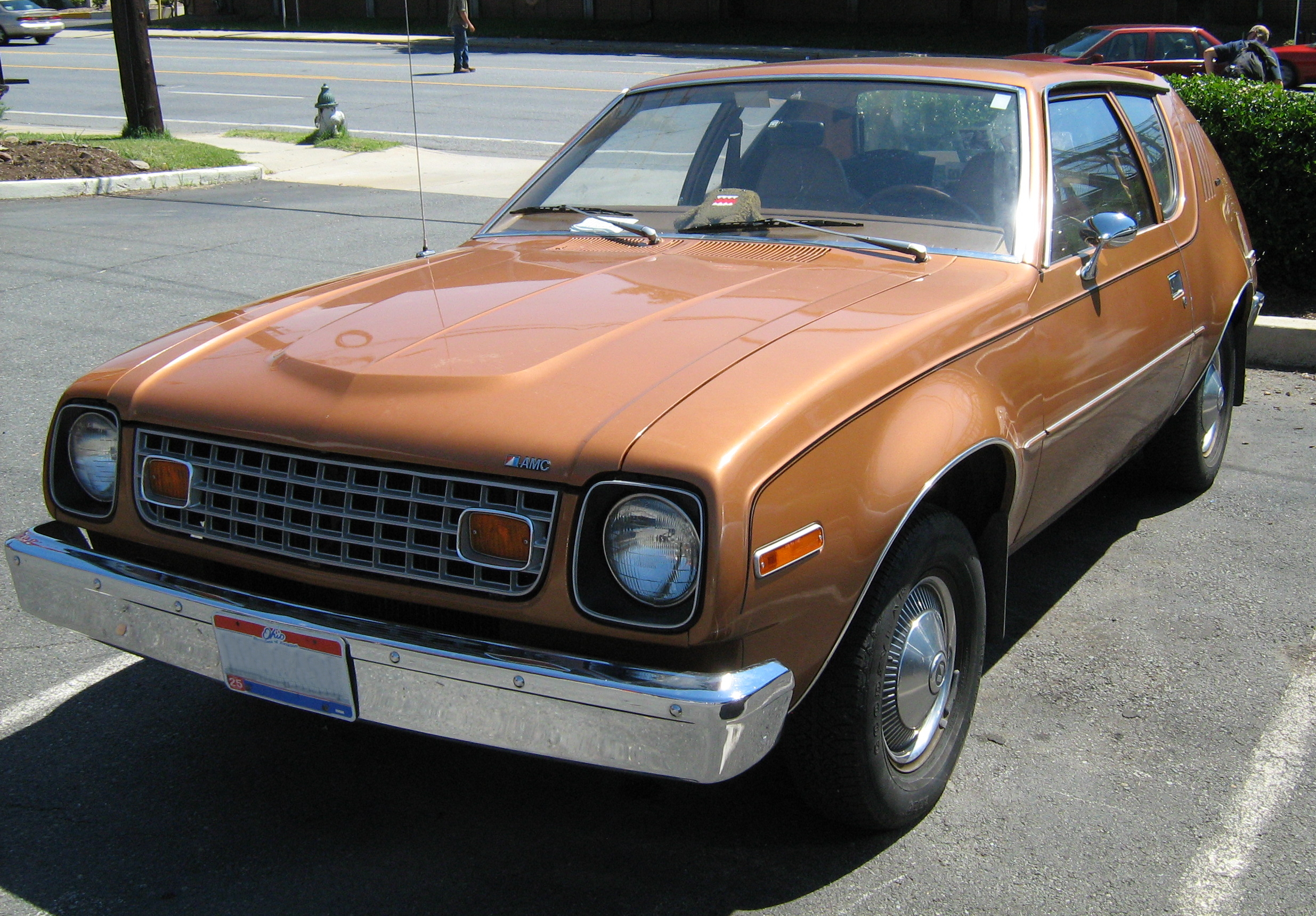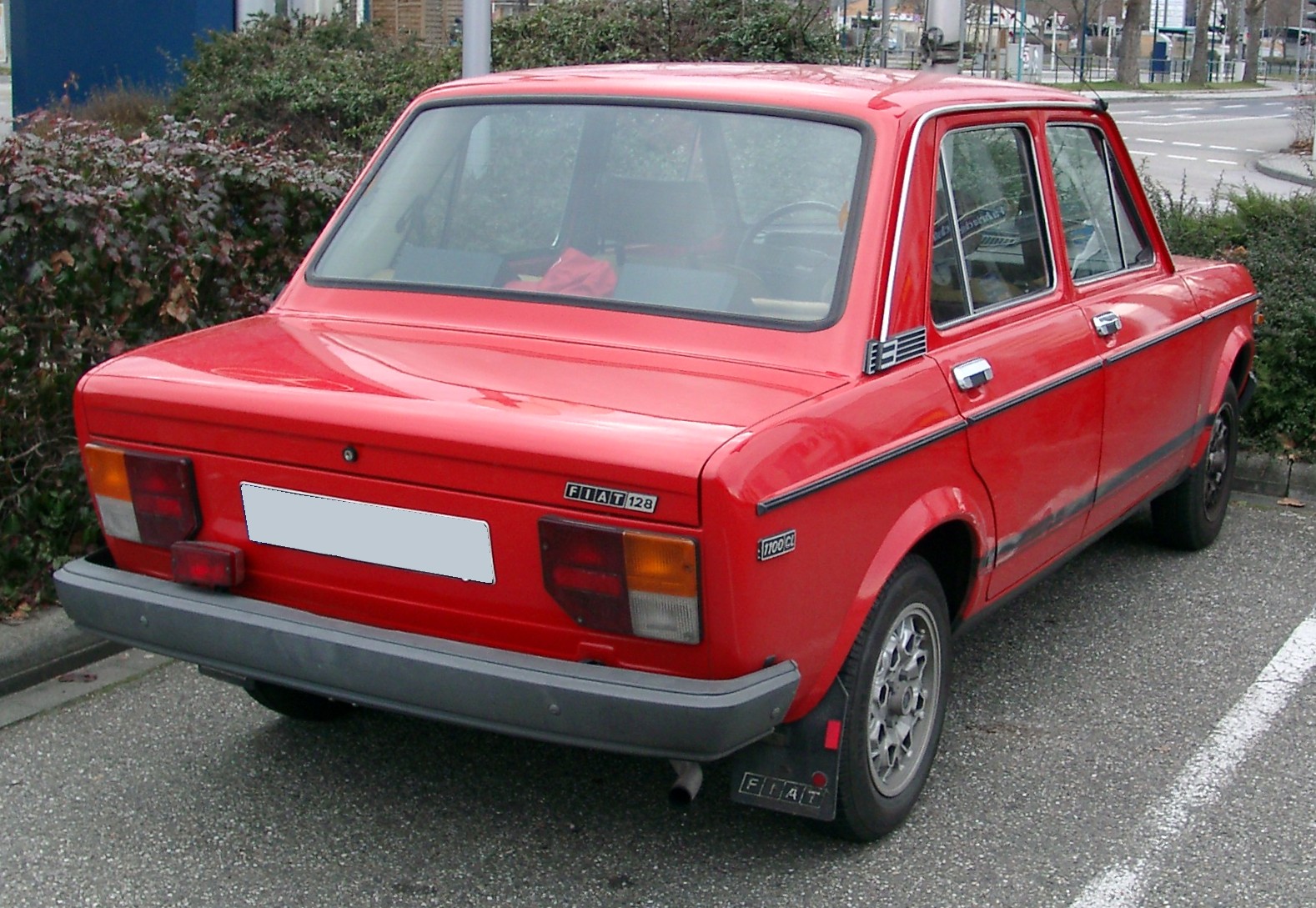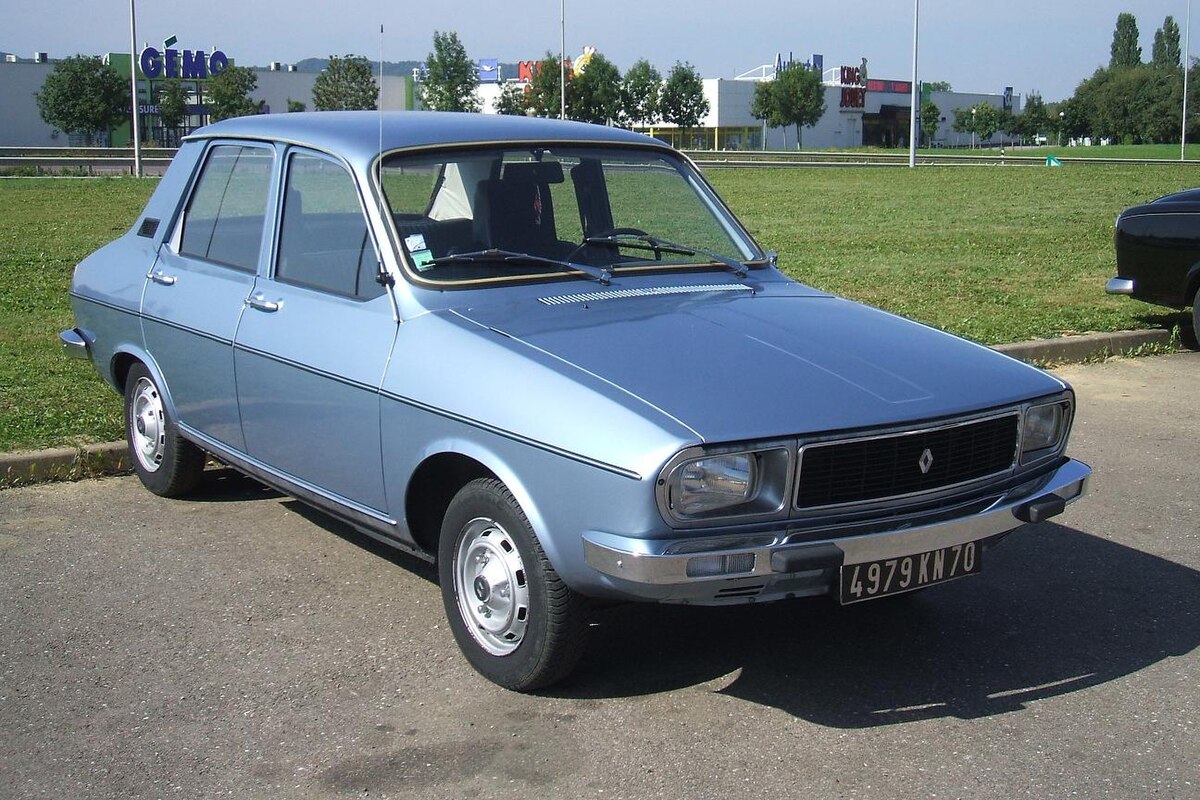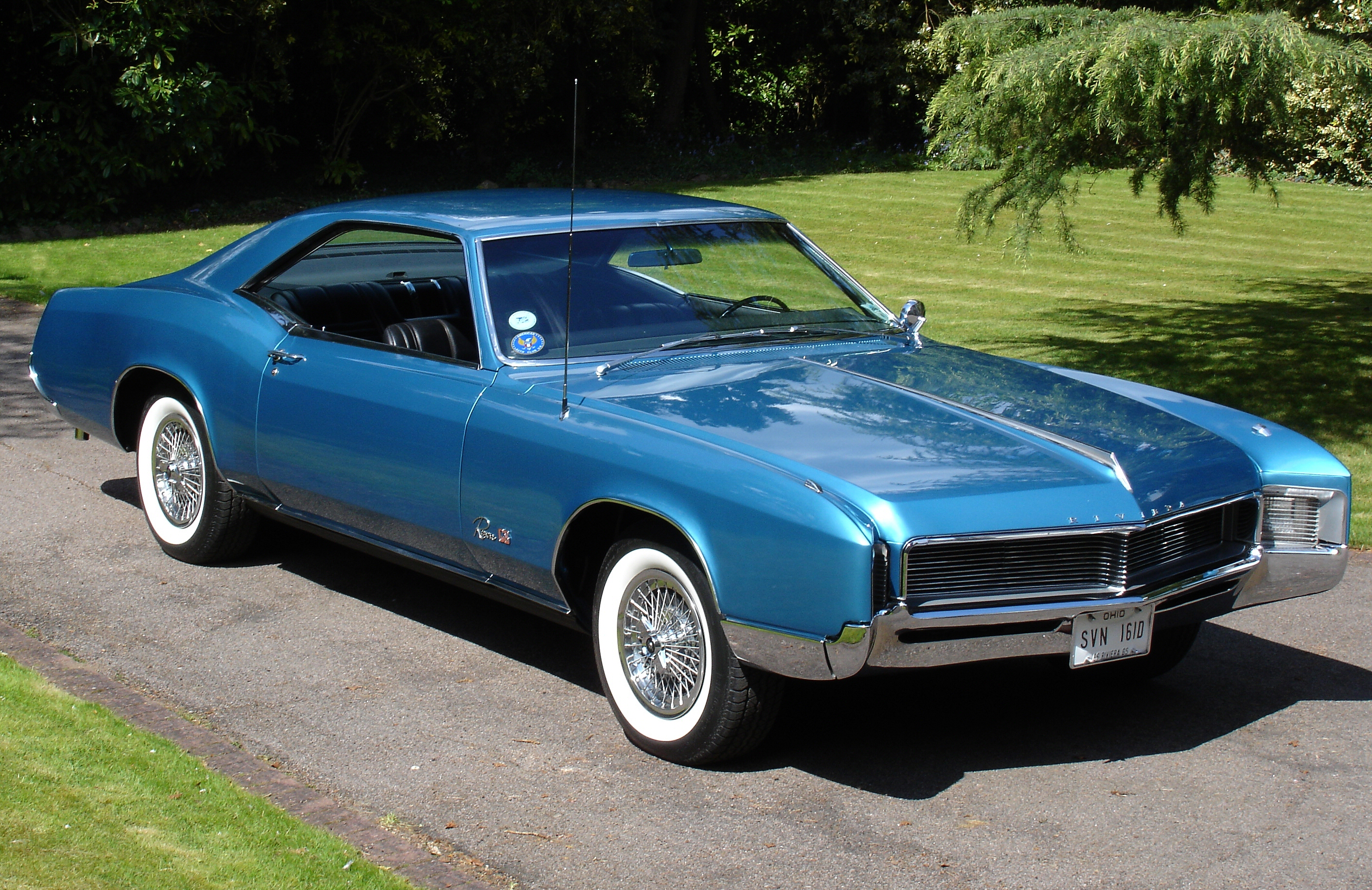
Ah, the 1970s—a time of disco, bell-bottoms, and some of the most notorious cars to ever hit the roads. While technology and design have come a long way since then, there’s a peculiar charm in looking back at the infamous vehicles that made their mark for all the wrong reasons. Here, we’re diving into 21 of these legendary automotive missteps, examining their controversial designs, technical blunders, and the impact they had on their drivers.

1. **AMC Gremlin**: Launched in 1970, the AMC Gremlin was AMC’s answer to the growing subcompact car market. Sadly, it didn’t quite hit the mark. With an odd, truncated design that looked as if someone literally hacked off the back end of a car, the Gremlin became the butt of many jokes. According to Time magazine, it was one of “the 50 worst cars of all time”. Its heavy six-cylinder engine coupled with outdated technology meant it was a nightmare to drive, with choppy handling and vacuum-operated windshield wipers adding to its woes.

2. **Ford Pinto**: Known for its explosive reputation, the Ford Pinto became infamous due to its alarming propensity to catch fire in rear-end collisions. Introduced in 1971, Ford’s rush to produce an affordable compact compromised safety standards, leading to one of the most notorious product liability cases in automotive history. The Pinto’s legacy is a cautionary tale of corporate negligence, overshadowing its otherwise unremarkable performance and design.

3. **Chevrolet Vega**: Chevrolet’s Vega, introduced in 1970, was GM’s bold attempt at a small car to rival imports like the VW Beetle and Toyota Corolla. However, the Vega was plagued by engine problems, rust issues, and a lack of durability. Time included it in their list of the “50 worst cars,” while Car and Driver highlighted its “disastrous reliability record” as a key reason for its downfall.

4. **Triumph Stag**: Launched in 1970, the Triumph Stag looked promising with its sleek design and the allure of a luxury convertible. Underneath its appealing exterior, however, lay a litany of mechanical problems, particularly with its unique V8 engine. The engine’s notorious overheating issues and complex maintenance needs doomed the Stag, despite its stylish presence.

5. **Fiat 128**: The Fiat 128 was introduced in 1969 and made its way into the 70s with an innovative front-wheel-drive layout. Yet, it failed to impress due to its subpar build quality and notorious rust problems. While it did have a significant impact on small car design, the Fiat 128 is often remembered more for its shortcomings than its contributions.
6. **Morris Marina**: The Morris Marina, produced from 1971, was intended to be a practical family car, but it quickly became infamous for its uninspired design and poor build quality. The Marina’s handling was mediocre at best, and its reliability issues were well-documented, earning it a place on many lists of the worst cars ever made.
7. **Austin Allegro**: Introduced in 1973, the Austin Allegro was supposed to revolutionize the British car market. Instead, it became a symbol of British Leyland’s decline, with a design that was often ridiculed for its bulbous shape and lackluster performance. The Allegro’s poor build quality and dubious engineering decisions, like the infamous “quartic” steering wheel, didn’t help its reputation.

8. **Chevrolet Chevette**: Making its debut in 1975, the Chevette was GM’s effort to produce a simple, economical car. Unfortunately, it was too simple. With lackluster performance and dated styling, the Chevette failed to leave a positive mark, often cited as a bare-bones vehicle with minimal appeal.
.jpg)
9. **Ford Maverick**: Launched in 1969 and continuing into the 70s, the Ford Maverick aimed to be an economical compact car but often fell short of expectations. It suffered from outdated technology, poor fuel efficiency, and a lackluster design that couldn’t compete with newer models emerging in the market.

10. **Pontiac Astre**: The Pontiac Astre, introduced in the early 70s, was Pontiac’s attempt to enter the compact car segment. Based on the Chevrolet Vega, it inherited many of its predecessor’s issues, including severe rust problems and engine reliability. The Astre struggled to shed the reputation it inherited.

11. **Renault 12**: The Renault 12 was launched with hopes of capturing the budget-friendly sedan market. However, its uninspired design and numerous mechanical issues led to its downfall. Often criticized for its lack of innovation, the Renault 12 also suffered from poor build quality and reliability issues.

12. **AMC Pacer**: Launched in 1975, the AMC Pacer was an attempt at creating a spacious small car, but its bulbous design earned it more laughs than accolades. Despite its wide stance and unique styling, the Pacer was plagued by a heavy body and inefficient engines. It became a symbol of the excessive designs of the era, often found on lists of the most unattractive cars ever made.
13. **Ford Mustang II**: Introduced in 1974, the Mustang II was intended to reignite interest in the legendary nameplate during the oil crisis. While it offered better fuel economy, it sacrificed the performance Mustang fans cherished. Its diminutive size and underwhelming powertrain resulted in a car that deviated significantly from its muscle car heritage, leading to mixed reviews and a tarnished legacy.

14. **Fiat Strada/Ritmo**: The Fiat Strada, known as the Ritmo in its native Italy, debuted in 1978. It was Fiat’s venture into the hatchback market, but it failed to impress due to its unconventional styling and issues with build quality. The Strada was notorious for rust problems, contributing to its poor reputation among drivers who expected longevity from their vehicles.

15. **Triumph TR7**: Launched in 1974, the Triumph TR7 was a departure from the traditional sports car mold with its wedge-shaped design. It promised innovation but delivered a plethora of mechanical issues, particularly with its engines and electrics. Dubbed “the shape of things to come,” the TR7 struggled with quality control, earning it a notorious place among the era’s automotive failures.
16. **Matra-Simca Bagheera**: Making its debut in 1973, the Matra-Simca Bagheera was a product of French innovation gone awry. It featured a unique three-seat layout and fiberglass bodywork but suffered from severe corrosion issues in its metal parts. Despite its sporty intentions, the Bagheera’s unreliability overshadowed its unconventional design, leading to its inclusion in automotive “worst” lists.

17. **AMC Matador Coupe**: Released in 1974, the AMC Matador Coupe was an attempt to blend performance with style but ended up with neither. Its heavy weight hampered performance, while its polarizing design failed to attract a significant following. The Matador Coupe became a footnote in automotive history, often remembered more for its peculiar looks than for its driving experience.

18. **Peugeot 604**: Peugeot’s 604, introduced in 1975, aimed to compete in the luxury sedan market but fell short due to lackluster performance and a propensity for rust. Its design was critiqued for lacking the flair expected in a luxury vehicle, and its mechanical reliability issues further tainted its reputation. The 604 struggled to maintain a foothold in a competitive segment.

19. **Oldsmobile Omega**: The Oldsmobile Omega, part of GM’s compact car lineup starting in 1973, was intended to be an economical choice but suffered from uninspired design and mediocre performance. As one of the “X-body” cars, it was plagued with recalls and mechanical issues, tarnishing Oldsmobile’s image and leading to a decline in consumer trust.

20. **Plymouth Volaré**: Introduced in 1976, the Plymouth Volaré was designed to be a replacement for the Chrysler A-body cars. However, it quickly gained notoriety for its poor build quality and persistent rust problems. Despite Chrysler’s efforts to market it as a reliable family car, the Volaré’s numerous issues made it a staple on lists of the worst cars of the decade.

21. **Renault Fuego**: The Renault Fuego made its debut in 1980 but carried the legacy of 70s design and technology. Despite its aerodynamic shape and turbocharged engine option, the Fuego was often criticized for its shoddy construction and electrical problems. Its name might evoke passion, but its reputation left much to be desired.

Through the lens of history, these vehicles serve as reminders of an era where design ambition often outpaced execution. The 1970s were a time of exploration and experimentation in the automotive industry, and while some efforts succeeded, others became cautionary tales. These cars highlight the challenges faced by manufacturers and the enduring lessons learned from their missteps. As we look back, we appreciate the progress made in automotive technology, and how these vehicles, in all their flawed glory, helped pave the way for future innovations.
Related posts:
List of automobiles known for negative reception
The 50 Worst Cars of All Time
Safe & Just Michigan





